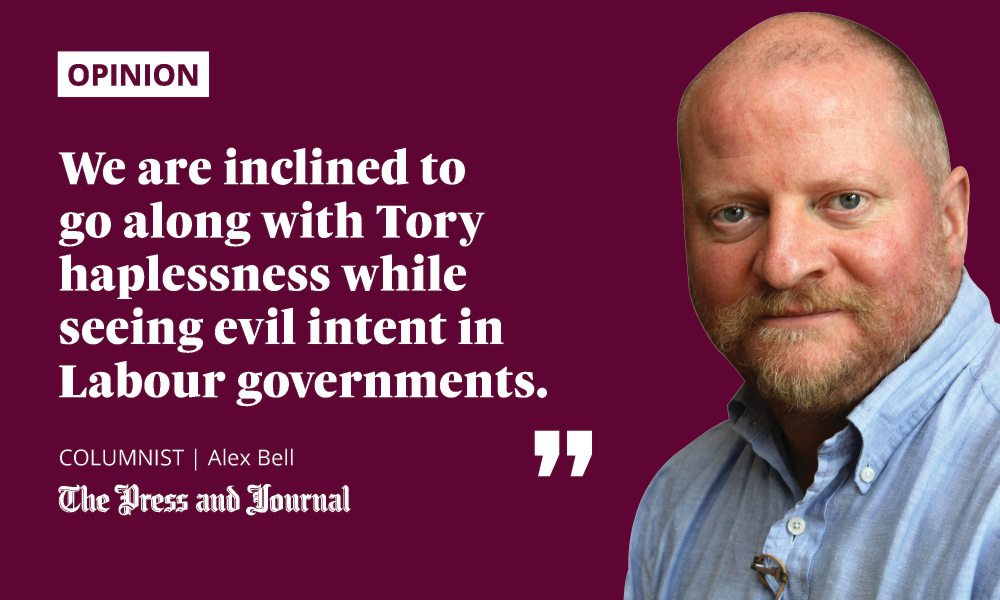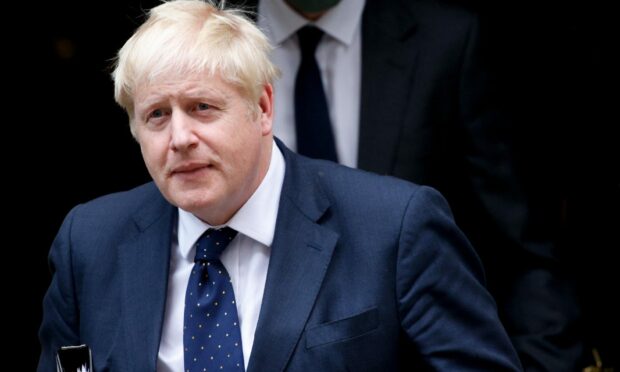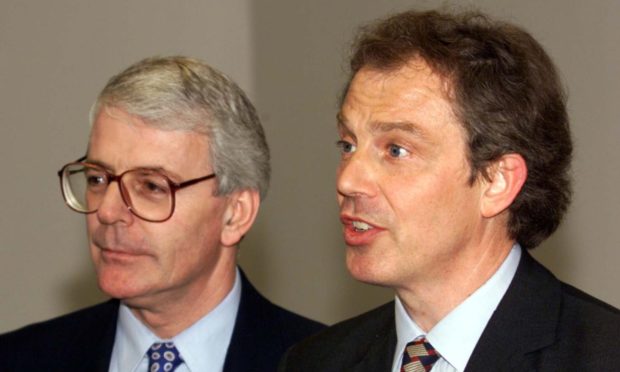Driving down from Mallaig on Monday afternoon, a convoy of super cars raced past. Porches, Ferraris, an Aston Martin and an Audi hit 100mph on tight bends to overtake the normal road users.
This experience happened several times, as the drivers would stop every 30 miles or so to admire their vehicles, then race on. Driving south that day was alarming.
On the radio, news of the fuel shortage was reported, with tales of long queues and blocked forecourts.
It all seemed to sum up the rather sad state of affairs we are in – a petrol democracy with a soft spot for the mob. It also showed the power of our right wing bias.

The other big news on the radio was from the Labour conference, where delegates were split and little hope was given for Keir Starmer at the next election. The talk was of the more charismatic Angela Rayner taking over the leadership.
When Labour was last in office, there were protests in 2000 over increases in petrol costs. People blockaded refineries and the Road Haulage Association organised motorway go-slows. Fuel stations closed. An example of petrol democracy – ugly mob rule against an elected government which no Tory could quite bring themselves to condemn.
After the travelling circus of freaks and Brexit chaos that is the Boris roadshow, the UK is still for the Tories
Twenty-one years later, the petrol stations are shut again, and the government seems squarely to blame, but the vitriol at Boris Johnson is far less than protests directed towards former prime minister, Tony Blair. There is a generalised sense of despair at government incompetence, but no demands for Johnson to resign.
This inconsistency in approach shows the cultural bias to the right. We are inclined to go along with Tory haplessness while seeing evil intent in Labour governments. Not all of us, obviously, but as a kind of instinctive hunch in the popular consciousness.
Tony Blair shifted Labour right of centre on purpose
In 2000, opinion polls swung against the government during the protests, only to swing back months later. Now, opinion polls are squarely in favour of the Tories.
After the travelling circus of freaks and Brexit chaos that is the Boris roadshow, the UK is still for the Tories.
Which explains why the Conservative government, like the men driving illegally on the A85, don’t really care for consequences, or what other people think. They are racing along the political track with no particular purpose, just the fun of the ride.
They know that public opinion is, by design or instinct, inclined in their favour. So, too, does Keir Starmer.
The odds are stacked against any Labour leader from the outset. Starmer not only has to unite his party, acquire a personality and land some punches on the government, but also tilt the bias back in his party’s favour. That is a huge task.
Since the 1970s, only one person has achieved this: Tony Blair. He did so by positioning the Labour Party to the right of centre. In other words, he followed the bias.
Once gone, the bias flipped back to the Tories. It only took months for Gordon Brown to go from popular leader to failure. The financial crash of 2008 had no connection to him at all, and arguably he helped the Western world into recovery.
However, the power of cultural prejudice meant voters were ready to believe that Labour were incompetent. Brown lost the only general election he contested as party leader in 2010.
Even the possibility of change has been lost
If we are a functioning democracy, there has to the possibility of a change in government. The Tories need a half-plausible Labour so as to distract from the possibility that power and money are so interlinked, we are a gullible mob led by a ruling class.
But the chances of Labour ever governing again seem remote, if not impossible. The entitlement – the “petrol as liberty” – of the men in the fast cars sums up much of early 21st century politics. An awareness of bigger crises such as the environment, but a determination to enjoy things while they last.
The kind of coherent political message which counters this by spreading power across the sexes and classes, which recognises the climate as a real threat and inequality as an enemy within, simply can’t thrive against our settled bias.
Labour can only come to power if it abandons its purpose, or if our national bias is shifted by some huge event, such as another global crash. That is a depressing prospect, but true.
We are not really a functioning democracy
Currently there are not enough workers to care for the elderly, to staff hospitals, harvest food or drive HGVs. A significant reason for this is the inept way Boris Johnson negotiated Brexit. Yet, were an election held tomorrow, a majority would still prefer the Tories.
Thus, we are not really a functioning democracy. The prospect of change seems only possible if driven by some awful external event, not the contest of ideas in society as tested by voting. Which makes the chat about Boris’s incompetence, Keir’s lack of charisma or rival Angela Rayner’s prospects all a bit academic.
We are just hurtling down the road, waiting for an awful crash to remind us that nothing lasts forever.












